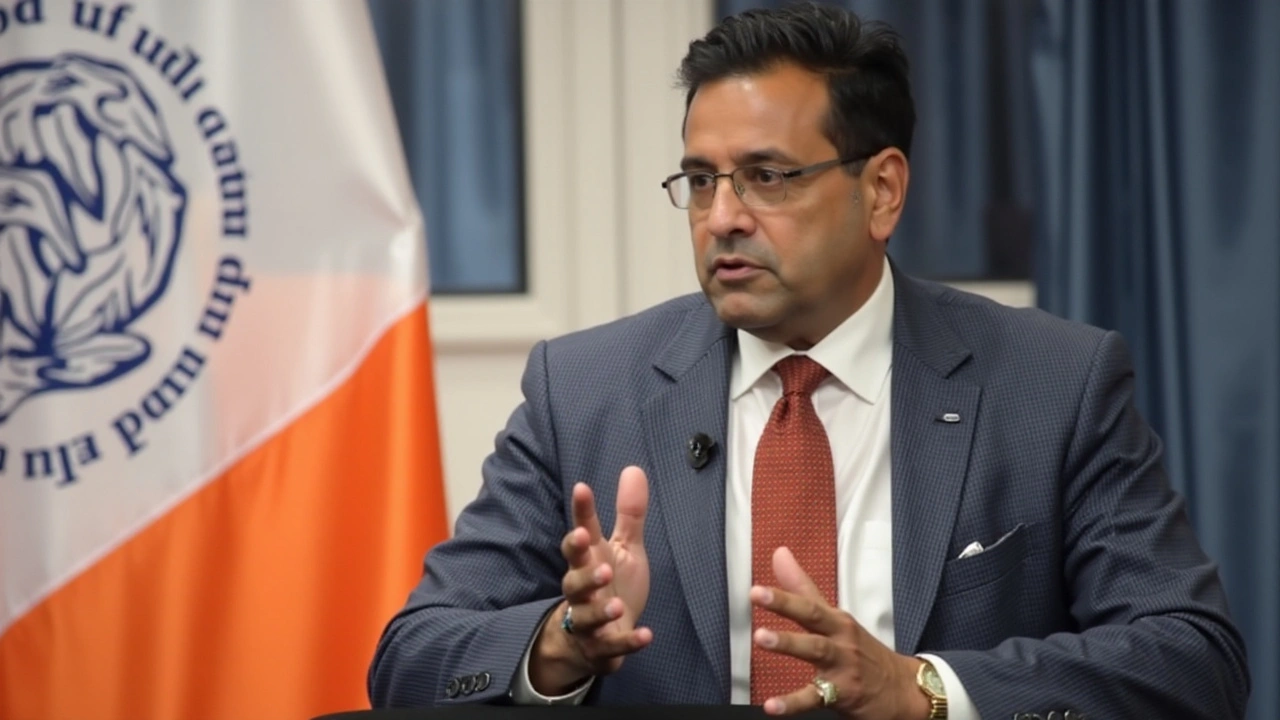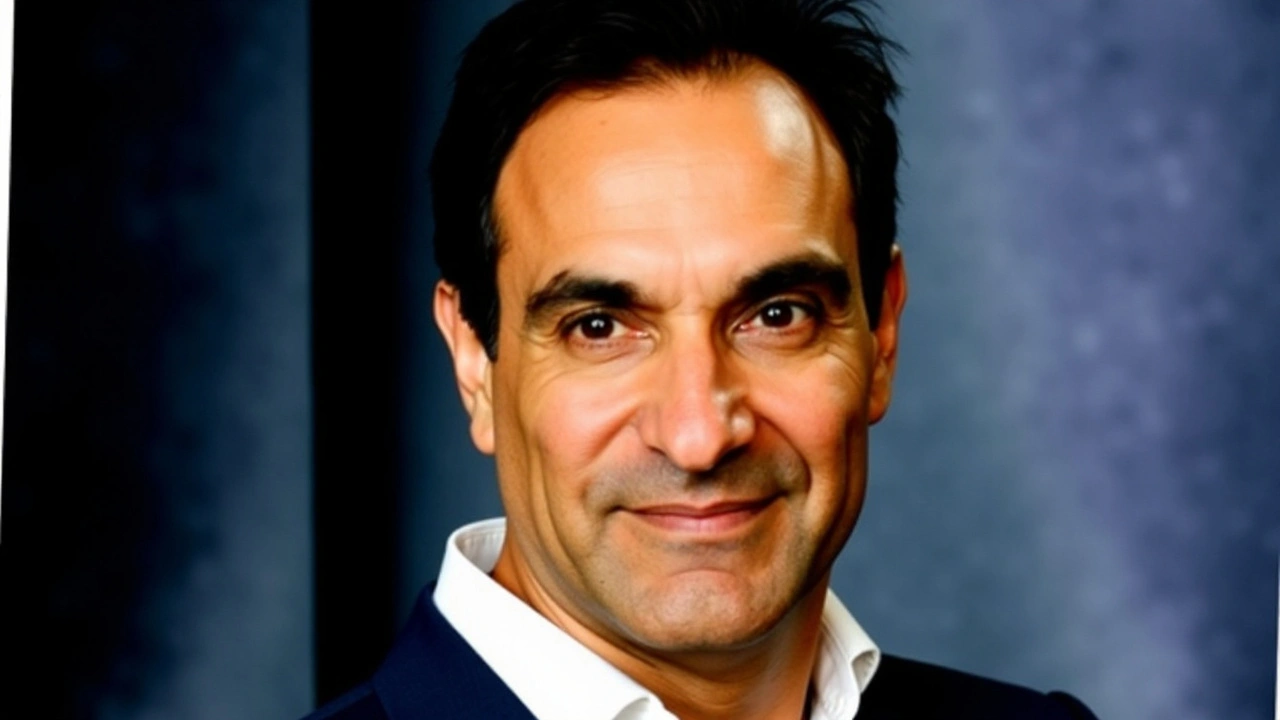
Introduction
In a recent exposé by the New York Post, Dr. Jay Varma, one of the most prominent public health experts advising on COVID-19, has found himself at the center of a controversy. The article, published on September 20, 2024, claims that Varma leads a drug-fueled party lifestyle, a revelation that has sent shockwaves through the public health community. This piece aims to dissect the implications of these allegations and what they mean for the trustworthiness of public health advice.
Dr. Jay Varma's Role in Public Health
Dr. Jay Varma is a well-known figure in the realm of public health. As a COVID-19 advisor, he has been instrumental in shaping policies and guidelines intended to safeguard public health during the pandemic. His authoritative voice has guided decisions from social distancing measures to vaccine rollouts. Consequently, his actions and personal behavior carry significant weight in public perception.
Given his influential role, the allegations of a drug-fueled party lifestyle appear particularly jarring. Critics argue that this behavior starkly contrasts with the advice he has extended to the public, such as maintaining a healthy lifestyle and adhering to COVID-19 precautions. It raises questions about his commitment to the very principles he has promoted.
Allegations and Public Reaction
While the New York Post article lacks specific details about Varma’s alleged lifestyle, it has been enough to ignite a debate around the integrity of public health officials. Reports like these, critics argue, undermine trust in public health advisories. If those pushing for stringent public health measures do not adhere to their advice, it casts doubt on the effectiveness and sincerity of the advisories themselves.
Public reaction has been mixed. Some people have expressed outrage, feeling betrayed by a figure they relied on for trustworthy, responsible guidance. Others, however, question the validity of the allegations, calling for more concrete evidence before passing judgment. Regardless of where one stands, the controversy underscores a growing skepticism towards public health experts, exacerbated by the high stakes of the pandemic era.
The Impact on Public Health Messaging
The integrity of public health messaging is crucial, especially in times of crisis. When trusted figures, such as Dr. Jay Varma, are implicated in scandals, it jeopardizes public trust and compliance. Credibility is a cornerstone of effective public health communication. Any perceived hypocrisy, whether proven or not, can hamper efforts to manage health crises effectively.
This situation emphasizes the need for transparency and accountability among public health leaders. There is an urgent call for these figures to not only live by the guidelines they advocate but also to welcome scrutiny and provide clear, substantive responses to allegations. Only through such measures can the tarnished trust be restored.
The Broader Context of Hypocrisy in Public Health
The controversy surrounding Dr. Jay Varma is not an isolated incident. Over the course of the pandemic, several public health officials and political leaders have been caught flouting their own guidelines. These incidents have added fuel to a growing fire of distrust and dissatisfaction among the public.
Hypocrisy among leaders erodes the moral high ground on which public health advisories stand. It provides fodder for those who are already skeptical about the severity of the pandemic or the necessity of restrictive measures. Moreover, it can lead to increased resistance against future public health directives, thereby jeopardizing community health.
Restoring Trust in Public Health
In the wake of such allegations, the pathway to restoring trust is complex yet imperative. Public health officials must commit to heightened levels of transparency concerning their personal and professional actions. They must also engage in consistent, clear communication with the public, addressing any discrepancies between their actions and advice.
Moreover, fostering a culture of accountability within the public health sector is vital. Implementing mechanisms for independent oversight can serve as a check against potential misuse of authority. These steps are crucial to ensuring that public health officials maintain both the reality and the appearance of living by the principles they espouse.

Conclusion
The allegations against Dr. Jay Varma highlight the fragile nature of public trust in health advisories. While the truth of these allegations remains to be seen, the controversy serves as a cautionary tale for public health officials worldwide. It underscores the necessity for integrity, transparency, and accountability in all aspects of public health leadership. Only through these means can the public's faith in health guidance be fully restored and maintained.